Obuda University's Uzbek Project Built on Scientific Foundations
One of the most significant achievements in our professional work is the realization of Uzbekistan's first innovation technology park with the involvement of Obuda University, emphasized Prof. Dr. Levente Kovács, announcing the establishment of the board of directors for the Uzbek-Hungarian Inno Technopark operating enterprise on October 12. This event saw the participation of Dr. Ergash Saliev, Governor of the Jizzakh Region; László Bódis, Deputy State Secretary for Innovation at the Ministry of Culture and Innovation; and Prof. Dr. Botir Usmonov, Rector of the Tashkent Institute of Chemical Technology (TICT), a partner institution of Obuda University. The development of the Uzbek-Hungarian Inno Technopark in Jizzakh, conducted with the support of Obuda University, has reached its final stage with the initiation of the science and innovation profile finalization.
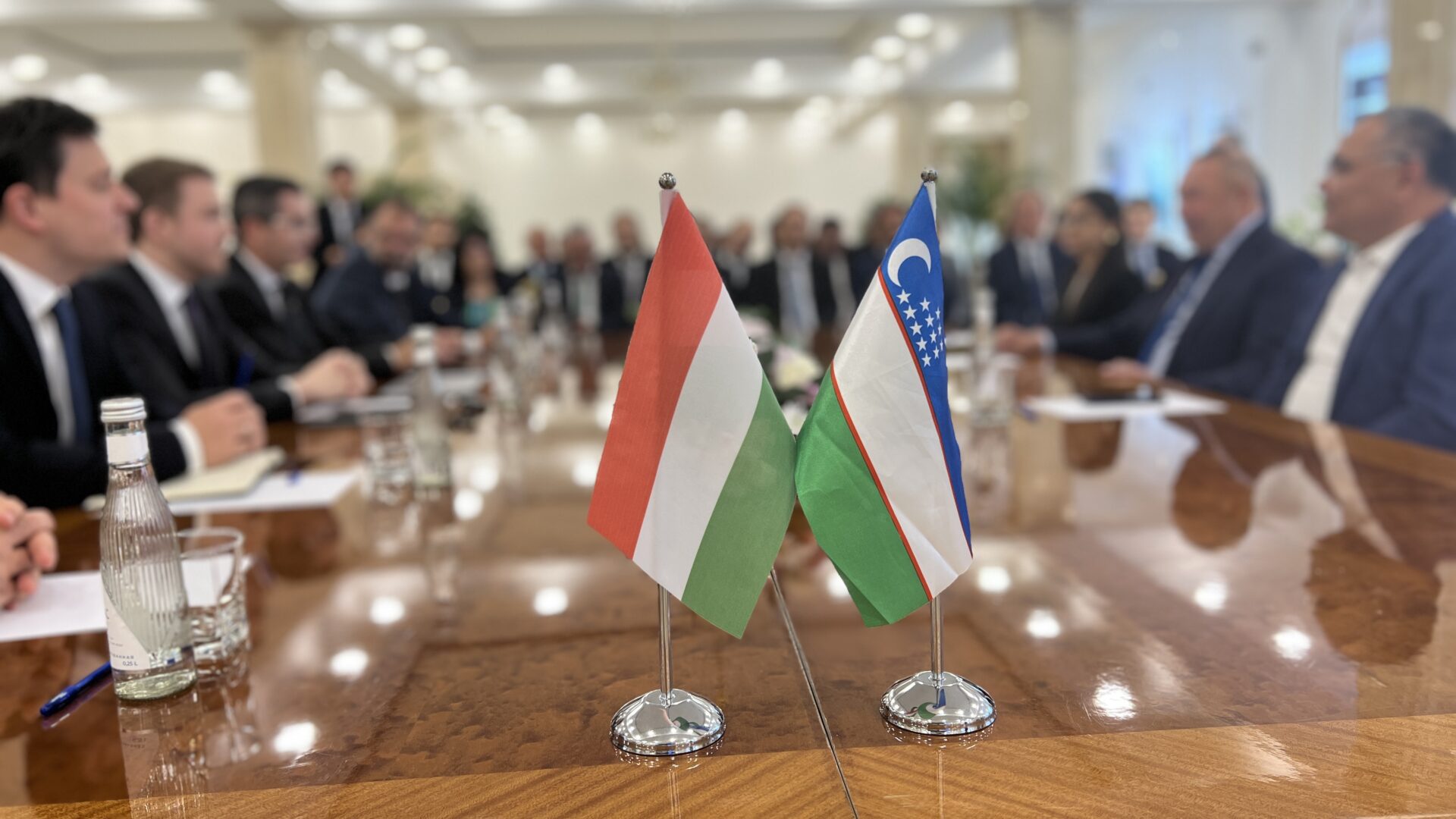
Construction Continues with Laboratory Development
Agriculture Minister Ibrokhim Abdurakhmonov, an honorary professor of Obuda University, joined Ergash Alibekovich Saliev, Governor of Jizzakh Region; Olimjon Tuychiev, Director of the Uzbek Agency for Innovative Development; Deputy State Secretary László Bódis; and Botir Usmonov (TICT) along with senior representatives from Obuda University, including Prof. Dr. András Molnár, Vice-Rector for Informatics and Quality Assurance; Director-General for Financial Affairs Botond Fehér; and Deans of the respective faculties, Prof. Dr. Zoltán Rajnai (BGK), Prof. György Györök (AMK), and Dr. György Eigner (NIK), to discuss the professional content of the joint project on-site.
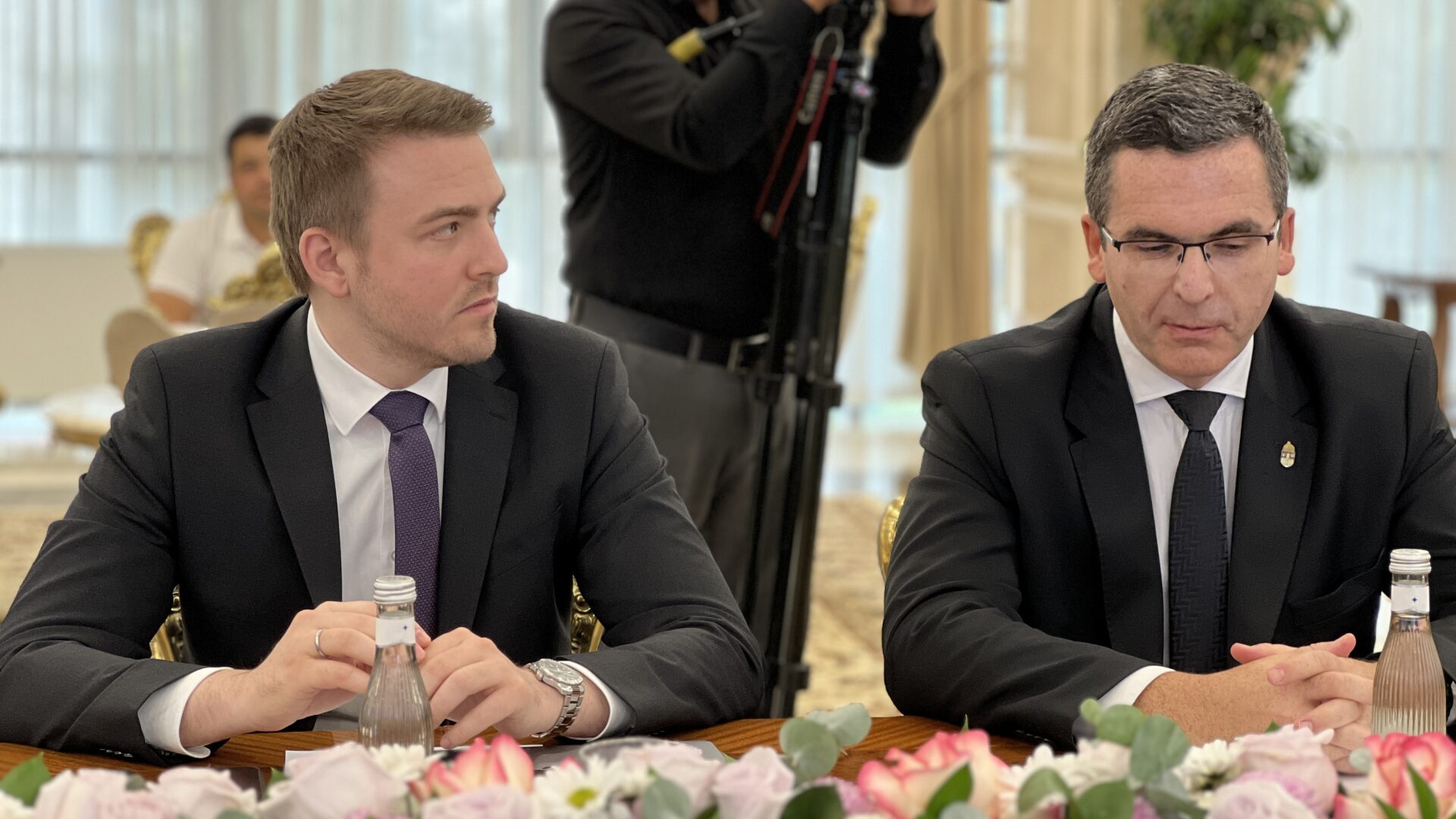
Together with TICT, Obuda University is integrating research in key areas such as IT, cybersecurity, programming, industrial robotics, smart construction, medical technology, precision agriculture, technology transfer, and innovation management into the Jizzakh Technopark development. In the coming months, the final stage of construction will focus on the establishment and equipping of laboratories.
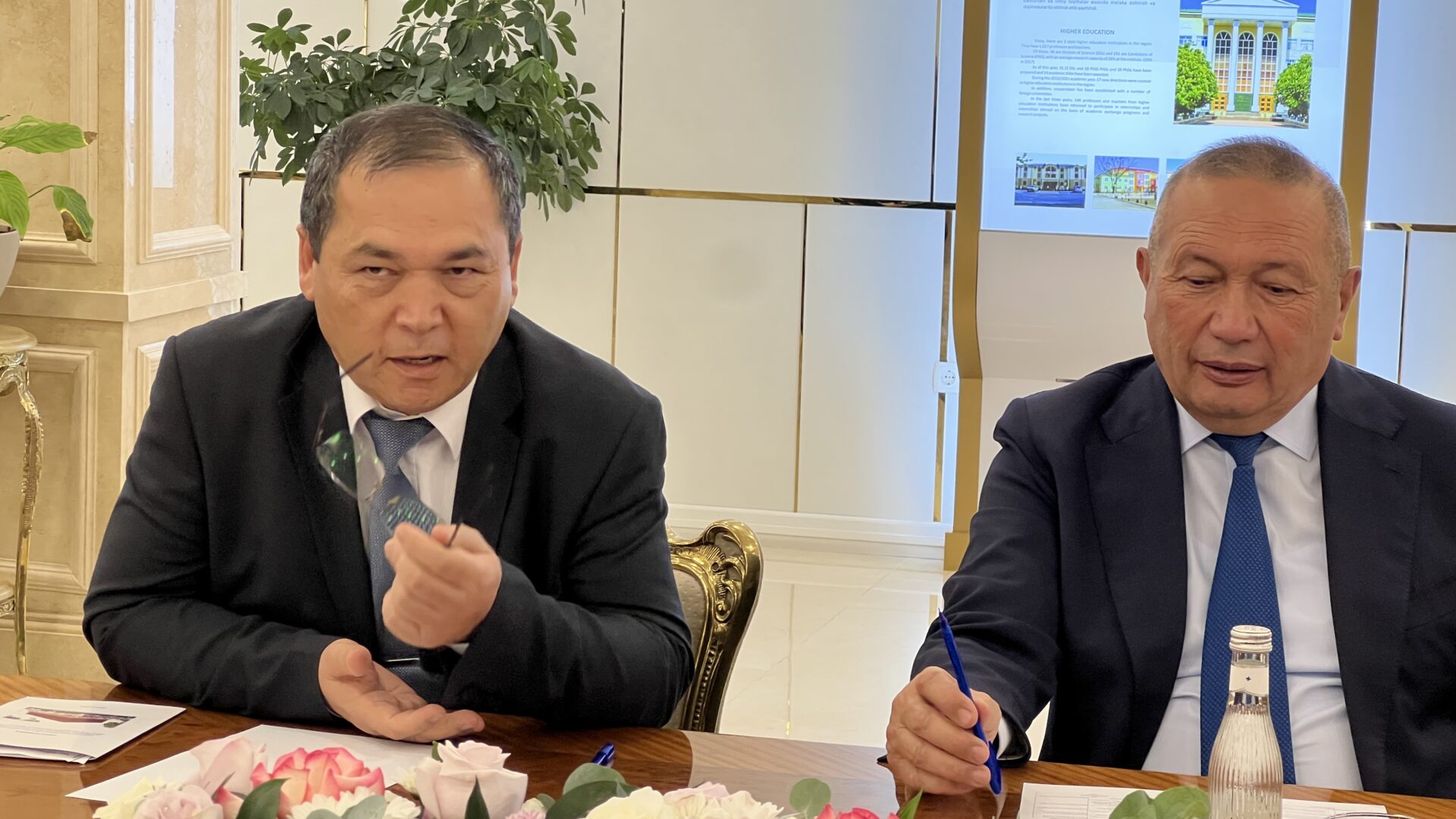
The Tashkent Institute of Chemical Technology also provided an opportunity to learn about new research endeavors during a recent presentation. In addition to the university leadership, Imre Hild and Csaba Árvai from OUVC, the university’s investment company, attended the event. Presentations covered research on traditional Uzbek bread, innovative applications of boron nitride that revolutionize nanotechnology, and the use of glass granules on various surfaces.
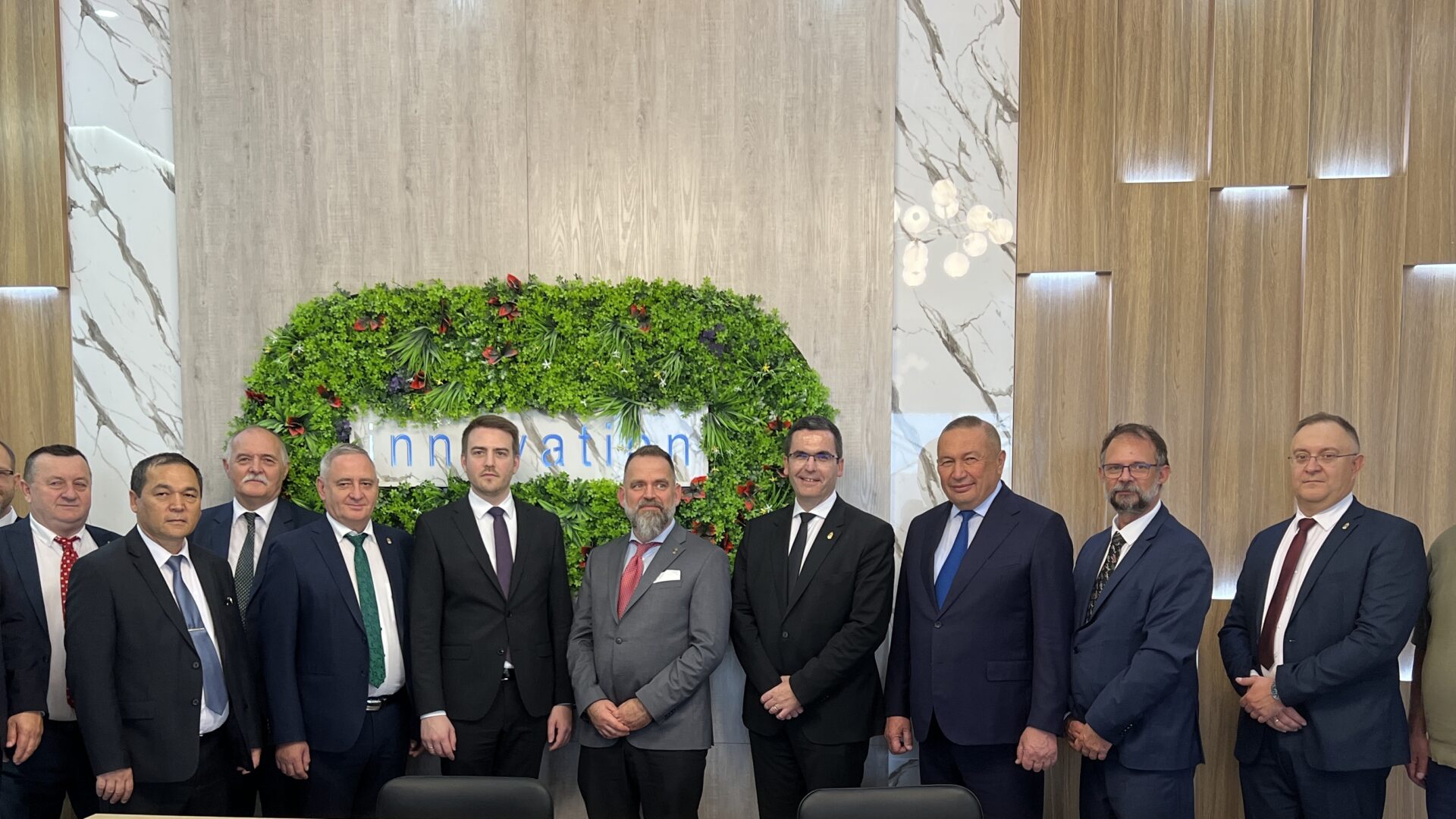
“As an investment-driven university, it is crucial to channel as many ideas as possible to swiftly turn concepts into products or services,” explained Prof. Dr. Levente Kovács.
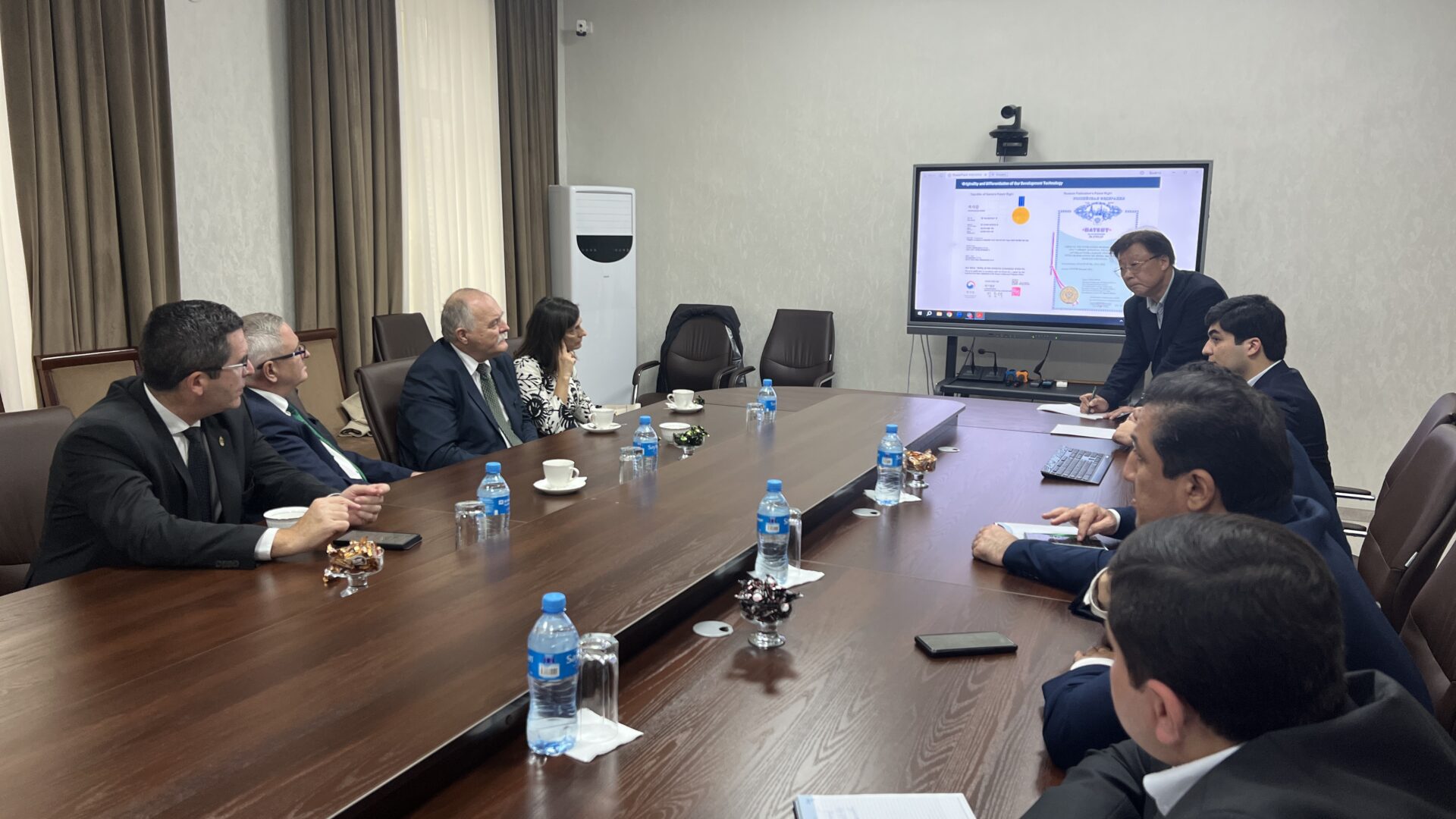
University-Level Collaborations
During its visit to Uzbekistan, Obuda University’s delegation established contact with several universities and reviewed existing collaborations. Uzbek technical universities place a strong emphasis on practical education. At the Yangier campus of the Tashkent Institute of Chemical Technology, approximately 3,500 students are primarily engaged in agricultural and food industry studies, with courses also covering alternative energy production.
The Central Asian University (CAU), Uzbekistan’s first private university, provides high-quality education in English to young people from across the broader region. With a student body of 2,300, CAU offers programs in engineering, business, healthcare, tourism, and dentistry. The leadership of Obuda University discussed specific areas of cooperation based on a previously signed cooperation agreement with CAU’s Rector, Prof. Dr. Kamran Gulyamov. As one of Central Asia’s best-equipped universities, CAU is open to student and faculty mobility, joint research and development, and dual-degree programs.
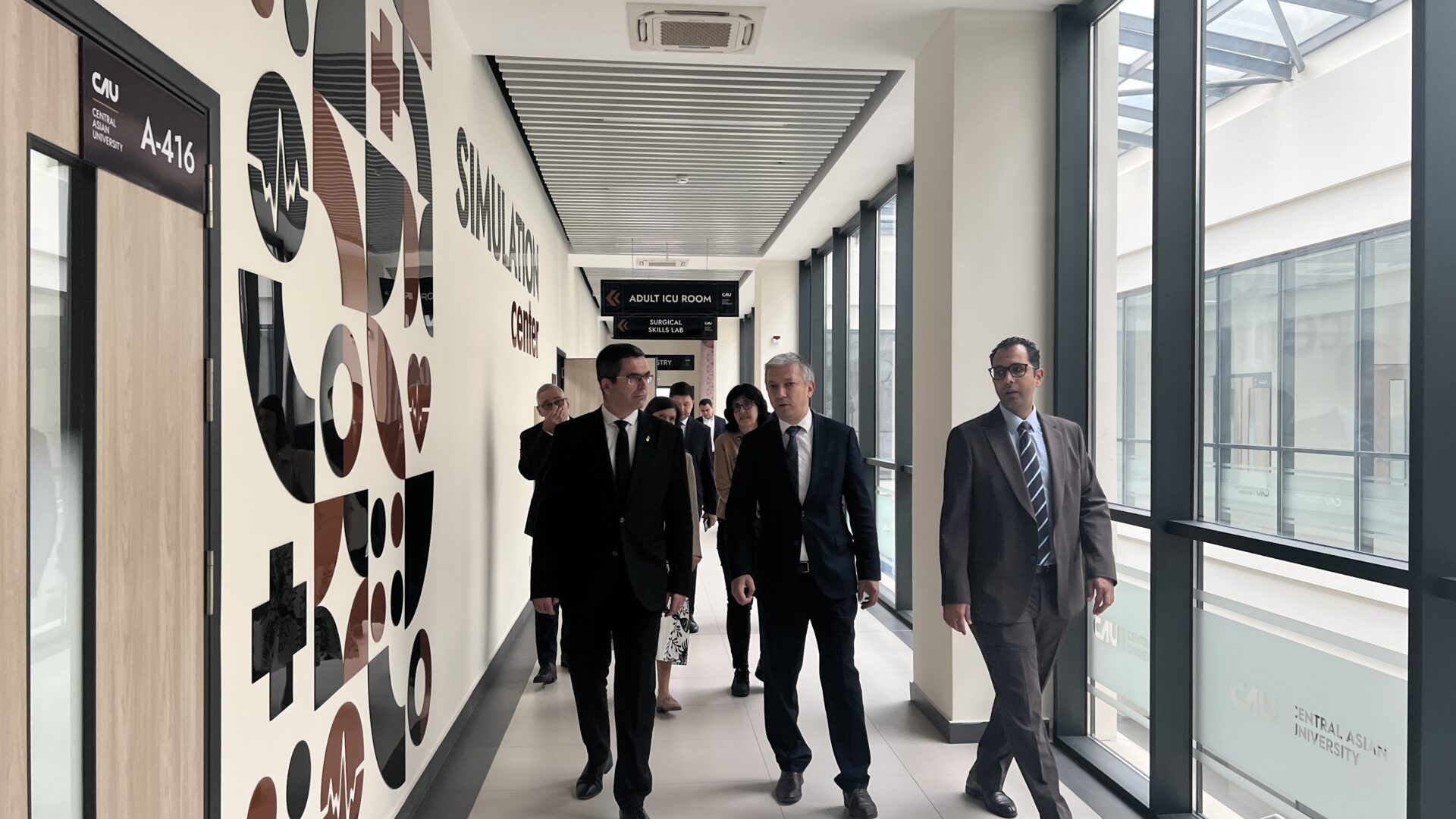
A broad-ranging agreement was also signed with Polvonov Baxtiyor Zaylobidinovich, Director for Science and Innovation at the Fergana Center of the Tashkent University of Information Technologies (TUIT). The Fergana Valley, one of Uzbekistan’s oldest and most populous regions, is Central Asia's most fertile area, where higher education plays a vital role. Obuda University’s professional involvement is highly valued here.
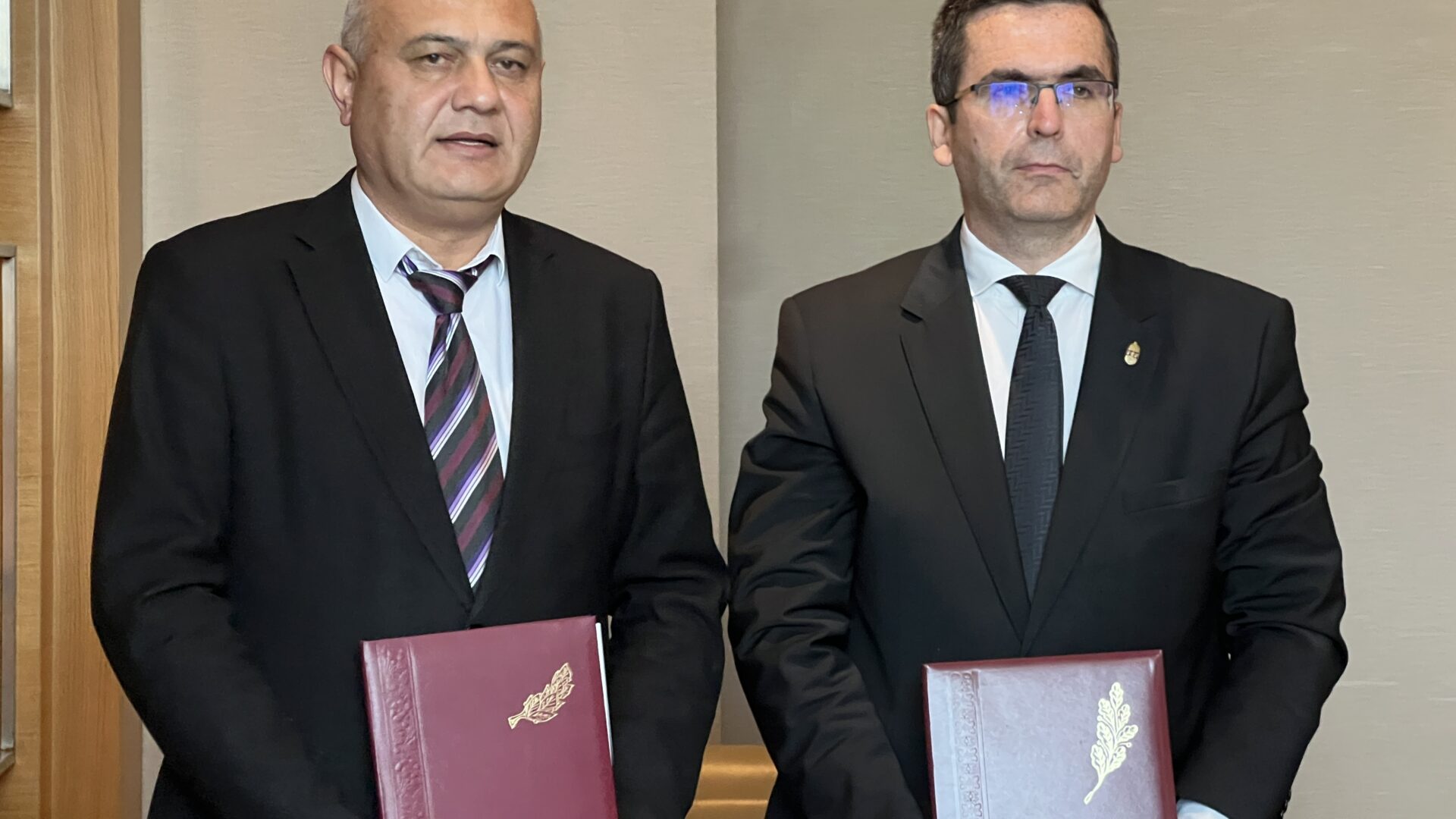
Prof. Dr. Levente Kovács also reached an agreement with Prof. Dr. Bakhadir Mirzaev, Rector of the Tashkent Institute of Irrigation and Agricultural Mechanization Engineers (TIIAME), to continue previous joint projects, such as student and faculty mobility and joint curriculum development, and to establish a new dual-degree program. Tashkent colleagues will participate in Obuda University’s Innovation Management Doctoral School and collaborate on creating a joint IT lab and launching a series of IEEE conferences. Like Obuda University, TIIAME ranks within the 601-800 range in the 2025 Times Higher Education ranking.
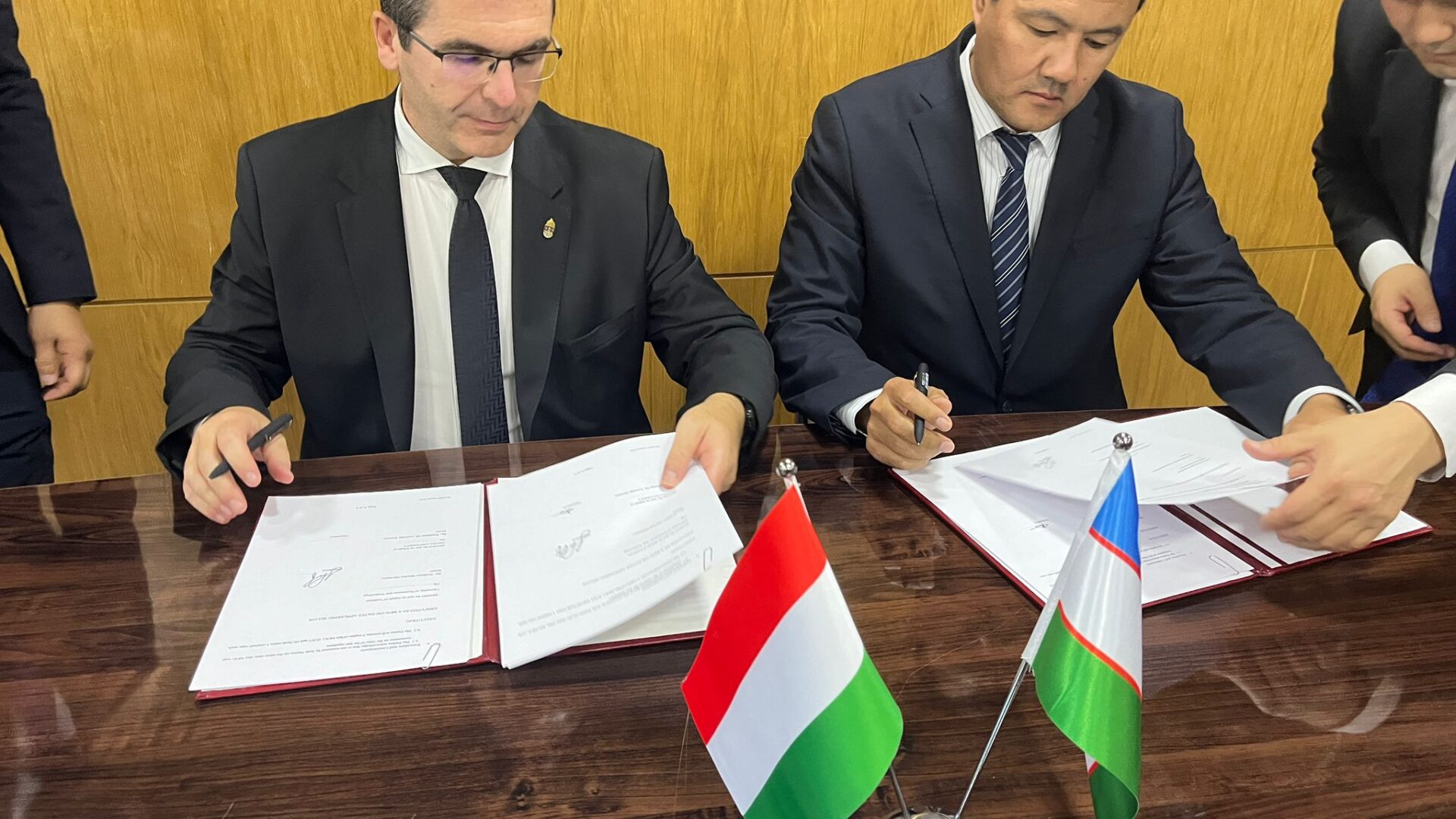
At the Tashkent State University of Economics and Engineering, Obuda University’s Rector signed a cooperation agreement with Rector Dr. Shavkat Mavlanov. The agreement includes faculty and student mobility as well as research and development cooperation.
